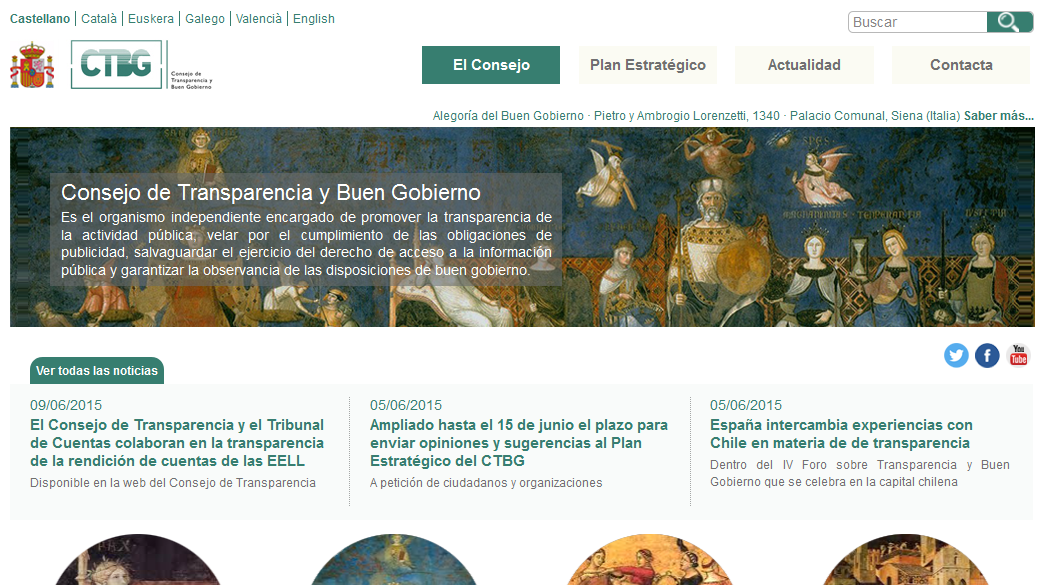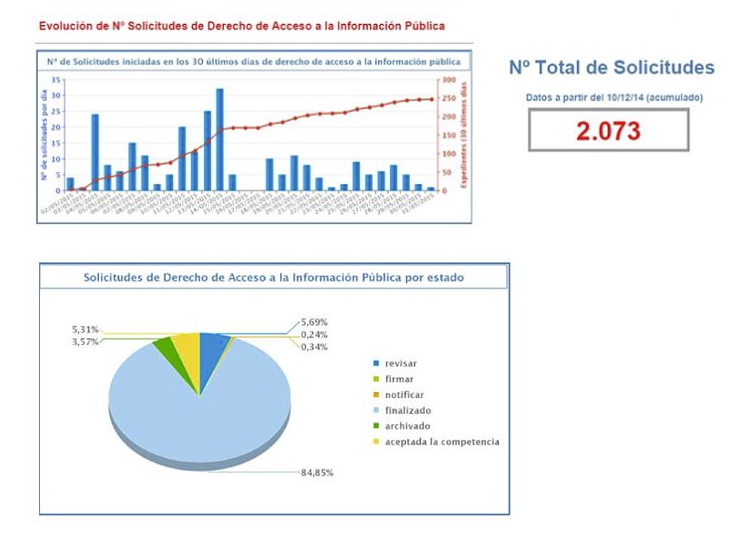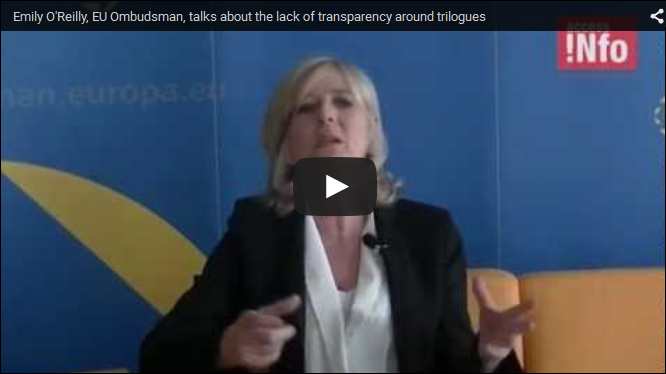Civil society urges World Bank to collect and publish beneficial ownership data of contractors
Helen Darbishire2018-11-13T09:46:28+01:00Madrid, 10 June 2015 - Over 100 civil society organizations from around the globe including Access Info Europe, on 8 June 2015 called on the World Bank to require that all companies bidding for Bank-financed procurements disclose their beneficial ownership information and that this information be published in an open data format as part of the Bank’s efforts to foster transparency in its contracting practices. Such a move would be in line with current trends to end corporate anonymity: On 5 June 2015, the Norwegian Parliament voted unanimously to establish a beneficial ownership registry, following in the footsteps of the








